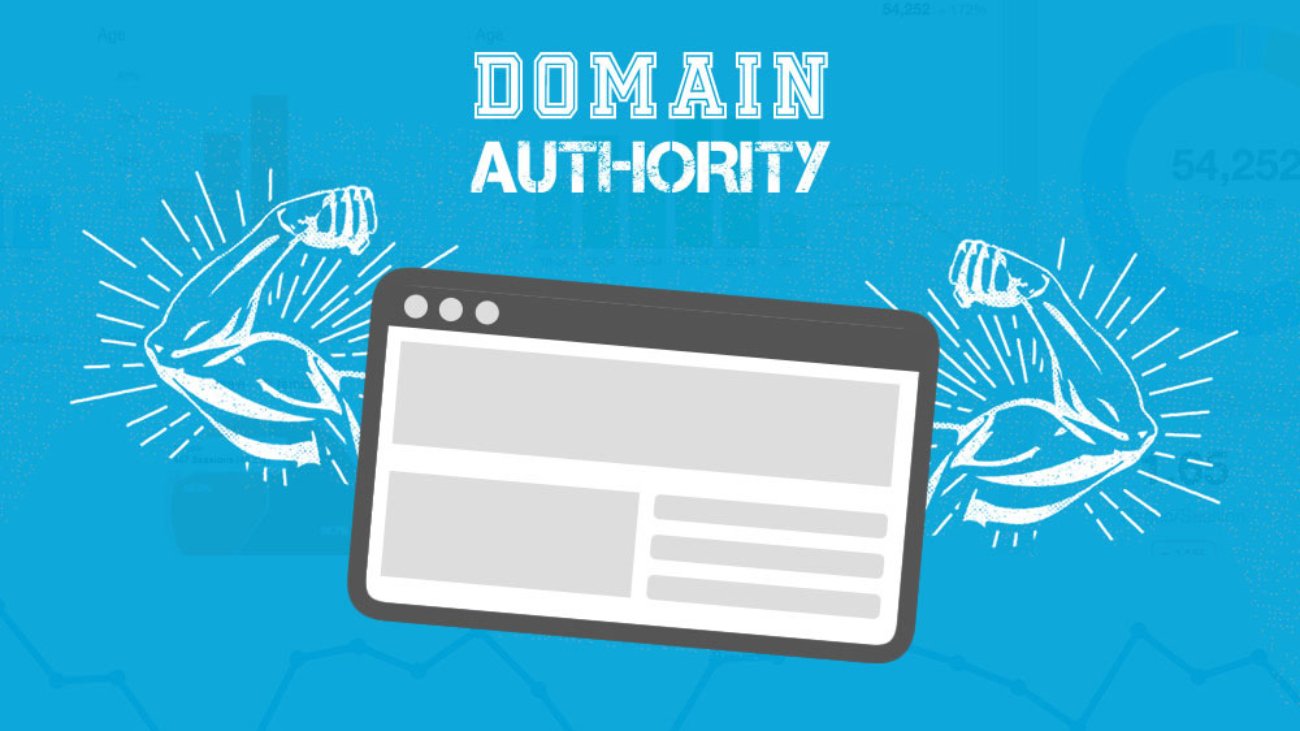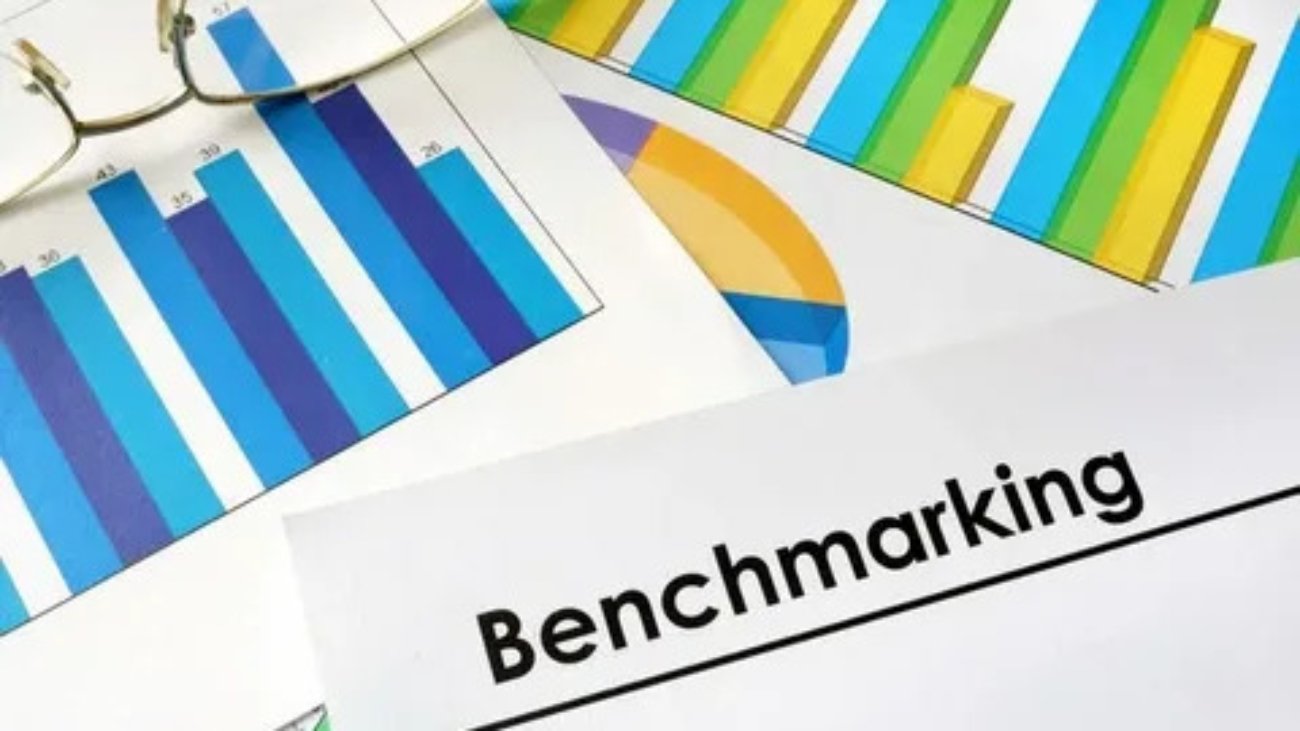What Is Domain Authority and Why Does It Matter?
Domain Authority (DA), developed by Moz, is a search engine ranking score that predicts how well a website will rank on search engine result pages (SERPs). It’s scored from 1 to 100, with higher scores corresponding to a greater ability to rank.
DA is influenced by:
-
Quality and quantity of backlinks
-
Site structure and internal linking
-
Root domains linking to the website
-
Content relevance and authority
-
Spam score
But what often goes unnoticed is how regional SEO engagements can become powerful DA boosters. That’s where regional competitions come in.
Understanding Regional SEO Competitions
What Are Regional SEO Competitions?
Regional SEO competitions are localized challenges, often organized by digital marketing communities, educational institutes, SEO academies, or even chambers of commerce. Participants compete to rank higher in local search results, build backlinks, and enhance their visibility in a particular region.
Examples include:
-
SEO Champions Trophy (Local Division)
-
Local Business SEO Challenges
-
University-Based SEO Battles
-
Municipal Digital Growth Awards
These competitions simulate real-world SEO conditions in a focused local environment making them excellent practice grounds for DA-building tactics.
How Regional Competitions Contribute to DA Growth
1. Localized Backlinks with High Relevance
Winning or even participating in regional competitions often results in:
-
Mentions in local press releases
-
Links from regional directories and blogs
-
Features on competition host sites
These backlinks are niche-relevant, geographically aligned, and highly authoritative within their regional ecosystem all of which are DA gold.
2. Increased Organic Traffic from Local Search
Search engines reward websites that attract real users. If your competition efforts draw in local search traffic (via optimized Google Business Profiles, location pages, or blog posts), this behavior signals authority and relevance.
More traffic → lower bounce rate → longer dwell time → better domain authority signals.
3. Social Signals and Brand Mentions
Regional competitions generate buzz:
-
Local influencers share contest pages
-
Participants tag and engage content
-
Local groups discuss outcomes
Even non-linked brand mentions from regional sources help Google associate your brand with geographic expertise and trust indirectly improving your DA.
Winning Regional Competitions: A DA Growth Strategy
To maximize DA gains from regional SEO contests, you need a strategy that combines technical SEO, local optimization, content marketing, and link-building.
Step 1: Prepare Your SEO Foundation
Before entering a competition:
-
Audit your site for on-page SEO issues.
-
Fix broken links, duplicate content, and slow-loading pages.
-
Set up Google Search Console and Google Analytics to track metrics.
Step 2: Optimize for Local SEO
Local SEO is your best weapon in regional contests.
-
Claim and optimize Google Business Profile.
-
Use consistent NAP (Name, Address, Phone Number) across the web.
-
Embed local schema markup.
-
Create local landing pages targeting keywords like:
-
“best [service] in [city]”
-
“[city] SEO contest results”
-
“[brand] in [region]”
-
Step 3: Build Local Backlinks Strategically
Use regional relevance to your advantage:
-
Pitch stories to local newspapers and bloggers.
-
Join local business directories and associations.
-
Request backlinks from event organizers and co-participants.
-
Publish region-specific case studies or results.
Each backlink with a local connection counts toward your DA improvement goals.
Step 4: Content That Wins
Write content that targets local search intent:
-
“How We Ranked #1 in the [City] SEO Challenge”
-
“Lessons from Competing in [Region]’s SEO Trophy”
-
“SEO Tips for Small Businesses in [Region]”
Include local keywords, local examples, and visuals (maps, infographics) to engage regional audiences.
Step 5: Engage and Amplify
To make your regional success ripple globally:
-
Share success on LinkedIn, tagging judges, teammates, and local authorities.
-
Create a DA growth report showing before-after metrics from your competition participation.
-
Ask for testimonial backlinks from hosts or partners.
This creates a natural, authority-rich backlink profile a major DA driver.
Case Studies: DA Growth Through Regional SEO Competitions
Case Study 1: A Local Bakery Goes National
A Lahore-based bakery joined a local digital marketing contest. By optimizing its content for “best birthday cake in Lahore,” it:
-
Ranked on Page 1 for high-traffic keywords
-
Received 28 backlinks from blogs, event pages, and news outlets
-
Saw its DA increase from 12 to 29 in 3 months
Case Study 2: Freelance SEO Consultant Wins DA Credibility
A Karachi-based SEO intern entered the SEO Champions Trophy ; Regional Track. Despite being new:
-
She published 6 blog posts about her experience
-
Built backlinks from regional news, judges’ websites, and social shares
-
Her portfolio site went from DA 8 to 24
Winning wasn’t necessary visibility and participation were key.
Common Mistakes in Regional SEO Competitions
Avoid these to ensure DA improvement:
-
Ignoring Link Quality: Don’t focus only on quantity; regional backlink sources must be authoritative.
-
No Post-Competition Strategy: You must continue leveraging the backlinks, content, and brand mentions.
-
Overlooking Analytics: Measure DA changes, referral traffic, and engagement after competition participation.
How Local DA Helps Global SEO Success
Google’s algorithm values local relevance as much as global reach. A site that ranks well in its own region builds topical and geographic trust, which:
-
Helps with national or international rankings
-
Improves E-E-A-T (Experience, Expertise, Authoritativeness, Trust)
-
Attracts location-based backlinks, boosting DA across borders
For example, if you dominate “SEO trainer in Islamabad,” you’re more likely to rank for “SEO coach in Pakistan” or “online SEO mentor Asia.”
Tools to Track Your DA Growth from Regional Competitions
Use these tools to monitor your performance:
-
Moz Link Explorer: Track DA and backlink profile
-
Ahrefs: Deep backlink analysis and regional referring domains
-
Google Search Console: View keyword impressions and click-through rates from your region
-
Uber-suggest: DA tracking for competitors in your area
Final Thoughts: Regional Is the New Global
Participating in regional SEO competitions isn’t just about bragging rights it’s a serious DA-building strategy. These localized contests deliver powerful, niche-relevant backlinks, authentic traffic, and a wave of digital visibility that can lift your domain authority higher than most traditional link-building campaigns.
Whether you’re a freelancer, start-up, local business, or national brand leverage regional contests as your DA accelerator.
Scaling Regional Wins Into National SEO Authority
What makes regional SEO competitions uniquely powerful is the scalability of success. A backlink from a local newspaper or a win in a city-based competition may seem modest, but in reality, it’s an entry point to national recognition.
Search engines observe patterns of engagement. If your website shows consistent authority in one region be it through organic traffic, quality backlinks, or positive user behavior that regional trust becomes a cornerstone for building nationwide topical authority.
This is why SEO Champions Trophy and similar events have multi-tiered formats: local > regional > national > international. Each stage strengthens your site’s footprint.
Leveraging Local Authority in Press and Outreach
Once you’ve won or placed in a regional competition, the press coverage opportunity is immense. Send a press release to:
-
Local newspapers and digital magazines
-
Regional bloggers and influencers
-
Niche forums and communities
Sample pitch:
“We recently ranked #2 in the [City Name] SEO Growth Challenge, competing among 50+ local businesses. This helped increase our website’s DA from 15 to 32. We’d love to share our journey and tips with your audience.”
A single published story in a regional authority domain especially with a do-follow backlink is worth more than dozens of low-quality links.
Join Regional SEO Networks
In addition to competitions, engage with:
-
Regional digital marketing Slack/Discord communities
-
Local SEO webinars and workshops
-
Co-authoring blogs with regional experts
Every time your brand is mentioned or linked within a geo-relevant network, it contributes to your Domain Authority and builds a trust cluster around your site’s niche.
Final Words: Your Regional SEO Playbook
Here’s a quick Regional SEO DA Growth Checklist:
✅ Participate in regional SEO competitions
✅ Optimize your Google Business Profile and local landing pages
✅ Win regional backlinks (press, blogs, directories)
✅ Create hyper-local content that gets shared
✅ Track DA with Moz, Ahrefs, or Uber-suggest
✅ Convert local wins into national brand authority
Remember: DA is not built overnight, but through smart, intentional strategies that start with your region. Own your local space, and the global spotlight will follow.



